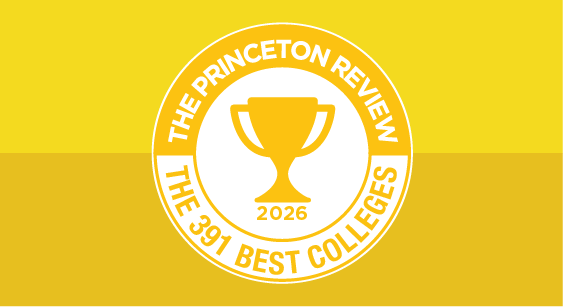Nuclear Engineering
Overview
Nuclear Engineering is a relatively new field of study; only in the past fifty years have the applications of the field been realized. Nuclear Engineering deals with the production and application of nuclear energy and the use of radioactive materials. As a Nuclear Engineering major, you'll be building a strong foundation of math and science that will enable you to pursue a career in one of many exciting fields. You'll learn about nuclear reactors and how to ensure their safety; the behavior of heat and fluids; and how to measure radiation and decrease its harmful effect on people and the environment. Eventually, you may choose to focus on medical physics, thermal hydraulics, nuclear materials, nuclear waste management, radiation technology, or any number of medical and scientific fields.The applications of nuclear technology form a huge, multi-billion-dollar business in the United States. Environmental concerns mandate that new and cleaner energy sources be explored, and the medical industry is constantly seeking advancements. Your Nuclear Engineering major may lead you to make discoveries that could truly alter the world.
Be prepared for a lifetime of learning. As with any scientific field, new discoveries are being made daily and new technologies are constantly being developed. Eventually, you'll be part of this constantly evolving and growing community of engineers, researchers, and teachers.
- $32,938 Tuition
- 1460 Avg SAT
- 20,592 Enrolled
- $18,504 Tuition
- 960 Avg SAT
- 11,243 Enrolled
- $61,990 Tuition
- 1540 Avg SAT
- 4,535 Enrolled
- $30,583 Tuition
- 1370 Avg SAT
- 28,422 Enrolled
- $28,365 Tuition
- 1270 Avg SAT
- 31,253 Enrolled
View All Nuclear Engineering Schools
SAMPLE CURRICULUM
Chemistry
Computer Programming
Elements of Nuclear Engineering
Fusion Reactor Technologies
Nuclear Engineering Ethics
Nuclear Engineering Materials
Nuclear Fuels
Physics
Radiation and Environment
Radiation Measurement
Reactor Engineering
Reactor Safety Analysis
Reactor Theory
Thermodynamics
HIGH SCHOOl PREPARATION
GRADUATE PROGRAMS & CAREERS
Explore Colleges For You
Connect with our featured colleges to find schools that both match your interests and are looking for students like you.
Top Schools for Game Design
Ready to create the next great app? Launch your gaming career at one of these top 50 programs.
Best 391 Colleges
170,000 students rate everything from their professors to their campus social scene.
Get Started on Athletic Scholarships & Recruiting!
Join athletes who were discovered, recruited & often received scholarships after connecting with NCSA's 42,000 strong network of coaches.



